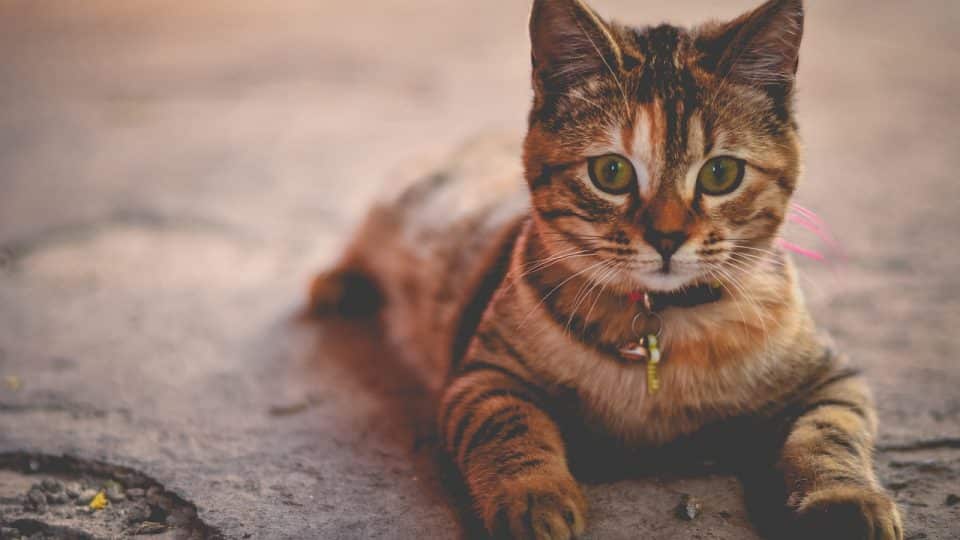Is your cat aging? Consider looking for signs of increased appetite, as it is a common symptom of hyperthyroidism. The condition could also be a result of weight loss in older cats. This common disease in cats would affect them mainly during middle or older age.
Let us understand hyperthyroidism in cats, its common signs, and its causes. You could also look for information on https://incrediblethings.com/pets/cat-hyperthyroidism-signs-diagnosis-and-treatment/. The platform would provide you adequate information on the best treatment and a few preferred natural solutions.
Does the disease occur only in cats?
Hyperthyroidism occurs only in cats. Any cat, mostly the ones over ten years of age with increased appetite yet losing weight would be suffering from the disease. Check out the other symptoms of the disease in your cat mentioned below.
- Sparse coat
- Frequent urination
- Weak muscles
- Swollen thyroid gland near the Adam’s apple
- An elevated heart rate
If your cat has been suffering from the aforementioned symptoms, it has hyperthyroidism.
What happens during hyperthyroidism?
During hyperthyroidism, you could witness an enlarged thyroid gland. As a result, there would be excessive production of thyroid hormones. The condition encompasses the quickening of the metabolism in the cat. Consequently, weight loss would be evident despite increased appetite. The cat could also have symptoms such as high heart rate and high blood pressure.
How do you diagnose the symptoms of hyperthyroidism in cats?
You could conduct a veterinary examination. It would provide the right diagnosis. In a majority of events, enlarged thyroid glands could enlarge on any side of the windpipe of your cat. High blood pressure and increased heart rate would also determine hyperthyroidism disease. You could also get the thyroid hormone measured through a chemistry panel to confirm hyperthyroidism in your cat.
Treatment for hyperthyroidism in your cat
A safe and efficient treatment for your cat suffering from hyperthyroidism would be through radioactive iodine. A single dose would be given to the cat for specifically targeting the thyroid cells abnormality. You would need to take your cat to a specialized facility having the license to perform the treatment. Rest assured that only a few practitioners would be able to perform the procedure.
Is surgery a safe option?
Surgery could be an option for treating hyperthyroidism. However, it is not often a preferred option due to the risk of hypocalcemia. It is an anesthetic issue in aging cats. Therefore, it would be in your best interest to consider looking for the best possible solution to meet the specific needs of your cat.
The conclusion
Hyperthyroidism is a common disease in cats. The common signs would be inclusive of enhanced appetite with excessive weight loss. A cat owner should look for such signs in his cat before the situation worsens. Excessive thyroid hormone production by the thyroid gland leads to hyperthyroidism.
The condition entails quickening of the metabolic rate in the cat. If you were skeptical about your cat suffering from the disease, consider conducting a blood test measuring T4 in your cat. It would determine whether the cat has the disease affecting the metabolic rate resulting in excessive weight loss despite an increased appetite.








